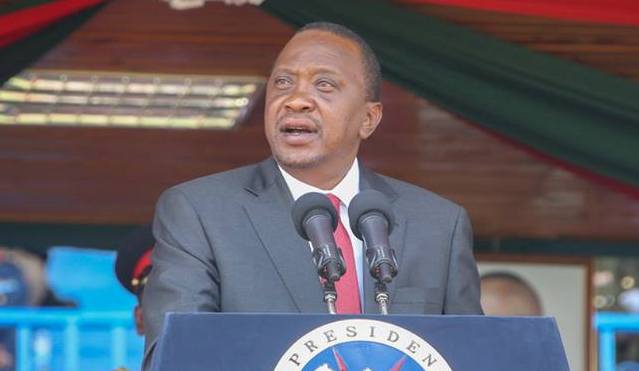In the period from 6 April through to 18 July 1994, extremely violent incidents occurred in Rwanda, in which approximately 800,000 Tutsis were killed. Both the Hutu-dominated army and militias and the civilian population were responsible for these fatalities .Two Rwandan nationals who relocated to The Netherlands after the1994 genocide are currently facing trial in the Rwandan criminal courts. On 25th September 2013and 22 November 2012, the Rwandan foreign ministry requested the Dutch authorities to extradite Jean Claude Iyamuremye, and Jean Baptiste Mugimba respectively for the purpose of criminal prosecution.
Lyamuremye is suspected to have committed the offences of genocide, complicity in genocide, conspiracy to commit genocide,extermination as a crime against humanity, murder as a crime against humanity and war crimes. It is alleged that he was the leader of Interahamwe militias. In conjunction with others, he tracked down and killed Tutsis with a view to partially or entirely exterminate that racial or ethnic group.
On the part of Mugimba, he is suspected of having committed the offences of genocide, complicity in genocide, conspiracy to commit genocide, murder as a crime against humanity, extermination as a crime against humanity, formation, membership, leadership and participation in an association of a criminal gang whose purpose and existence is to do harm to people or their property.
In its contested decision, the provisional relief court sitting at the Hague prohibited the extradition of Mugimba and Iyamuremye, unless the government of Rwanda adequately removed the objections stated in Witteveen’s report of 3 June 2015 .The provisional relief court mainly based its judgment on the report by Mr. M.R. Witteveen of 3 June 2015, in which Witteveen states, in brief, that genocide suspects would not receive adequate defense by a lawyer in Rwanda.
The Hague District Court giving judgment in the extradition cases of Iyamuremye and Mugimba declared the requested extradition to Rwanda admissible. The court considered, among other things that “Fair Trial Guarantees” were given in the extradition request and they generally provided sufficient safeguarding of a fair trial. It had not become apparent that the requesting state would not meet its obligations. The court concluded that there was no imminent and egregious violation of Article 6 of the European Convention on Human Rights (ECHR). Article 6 of the ECHR is a provision of the European Convention which protects the right to a fair trial.
Following successful extradition request by Rwanda, both Mugimba and Iyamuremye arrived in Rwanda on 12th November 2016 to face trial in the domestic courts.
Monitoring of fair trial guarantees by ICJ Kenya.
ICJ Kenya was contracted by the First Secretary, Justice, Security and Good governance, Netherlands Embassy in Kigali, Rwanda to act as an independent monitor in the two cases of Jean Baptiste Mugimba and Jean Claude Iyamuremye. The fair trial guarantees that ICJ Kenya is monitoring include:
The right to a fair and public hearing by a competent, independent and impartial court; the right to a presumption of innocence; the right to be informed promptly and in detail in a language which he understands, of the nature and cause of the charge against him; the right to have adequate time and facilities for the preparation of his defense, and to communicate with counsel of his own choosing; the right to be tried without undue delay; the right to be tried in his presence; the right to defend himself in person through legal assistance of his own choosing: to be informed, if he does not have legal assistance of this right, and to have legal assistance assigned to him, in any case where the interests of justice so require and without payment by him in any such case if he does not have sufficient means to pay for it; the right to examine, or to have examined, the witnesses against him and to obtain the attendance and examination of witnesses on his behalf under the same conditions as witnesses against him; the right not to be compelled to testify against himself or to confess guilt; and the detention conditions.
The two cases are adjudicated under the regime of the Rwandan Transfer Law, which provides the adjudication of transferred suspects by a special chamber of the High Court in Kigali. The Transfer Law has several procedural safeguards, such as immunity for the lawyers that represent the defendants. Iyamuremye and Mugimba arebeing tried under the regime of the Transfer Law andare detained in separate penitentiaries set up specifically for them.
The Dutch government may revoke the decision to refer the prosecution of the two suspects to Rwanda where it is clear that the conditions for referral of the case are no longer met and it is in the interest of justice.
Mr. M.R. Witteveen is a former public prosecutor and former examining magistrate in international crimes at this court. He currently works at the National Public Prosecution Authority Rwanda as an International Crime Advisor, in which capacity he has written two reports in the context of extradition proceedings in the United Kingdom.











